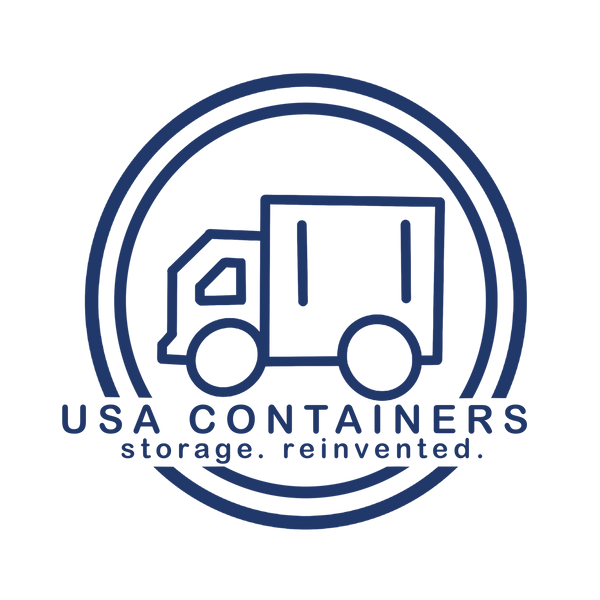Revolutionizing Logistics: The Role of Delivery Trucks in the Shipping Container Industry
In the dynamic and ever-evolving realm of logistics and shipping container transport, delivery trucks emerge as indispensable assets that facilitate the seamless movement of goods across vast supply chains. These trucks play a pivotal role at every stage of the logistics process, from the initial unloading of containers at maritime ports to the final delivery of products to consumers and businesses alike.
Enhancing Efficiency in Transport
Delivery trucks are at the forefront of optimizing transport efficiency within the shipping container industry. Designed to handle various container sizes, including standard 20-foot and 40-foot containers, they serve as critical links in the logistical chain by swiftly transporting cargo from ports to inland distribution centers, warehouses, and retail outlets. Their ability to navigate diverse terrain and deliver goods directly to designated destinations significantly reduces transit times and operational costs, thereby enhancing overall supply chain efficiency for businesses.
Facilitating Last-Mile Delivery
One of the most crucial roles of delivery trucks lies in their capability to facilitate last-mile delivery, the final leg of the supply chain that brings goods from regional hubs or warehouses directly to end consumers or businesses. This phase of delivery is vital for meeting customer expectations of prompt service and timely delivery. Delivery trucks ensure that products reach their destinations efficiently, contributing to customer satisfaction and reinforcing brand reliability in a competitive marketplace.
Integrating Technology for Precision
Modern delivery trucks leverage cutting-edge technology to streamline operations and ensure precision in logistics management. GPS tracking systems provide real-time visibility into shipment locations, enabling logistics managers to monitor routes, optimize delivery schedules, and respond promptly to unforeseen challenges such as traffic delays or route diversions. Telematics systems further enhance operational efficiency by monitoring vehicle performance metrics like fuel consumption, maintenance needs, and driver behavior, thereby improving overall fleet management and resource allocation within the shipping container industry.
Sustainability and Environmental Impact
Amid global concerns about sustainability and environmental impact, delivery trucks in the shipping container industry are increasingly adopting eco-friendly practices. Many companies are transitioning their fleets to include electric or hybrid vehicles, significantly reducing carbon emissions and minimizing their ecological footprint during transport operations. By embracing cleaner technologies and implementing sustainable logistics practices, delivery trucks play a crucial role in advancing environmental stewardship within the industry while ensuring efficient and responsible cargo delivery.
Representing More Than Just Delivery Trucks
Delivery trucks represent more than just vehicles for transporting goods; they are integral components of a sophisticated logistical ecosystem that drives efficiency, reliability, and sustainability in the shipping container industry. As international trade continues to expand and consumer expectations evolve, delivery trucks remain essential for maintaining supply chain resilience and meeting the growing demands of a global marketplace. By embracing technological innovations and sustainable initiatives, delivery trucks are poised to continue revolutionizing the transport of containerized goods, ensuring seamless integration and efficient distribution across diverse markets.
Explore how delivery trucks are reshaping logistics within the shipping container industry, optimizing transport efficiency, and promoting sustainability. Contact us today to learn more about our innovative solutions and discover how our fleet of reliable delivery trucks can support your logistical needs effectively in container transport.
